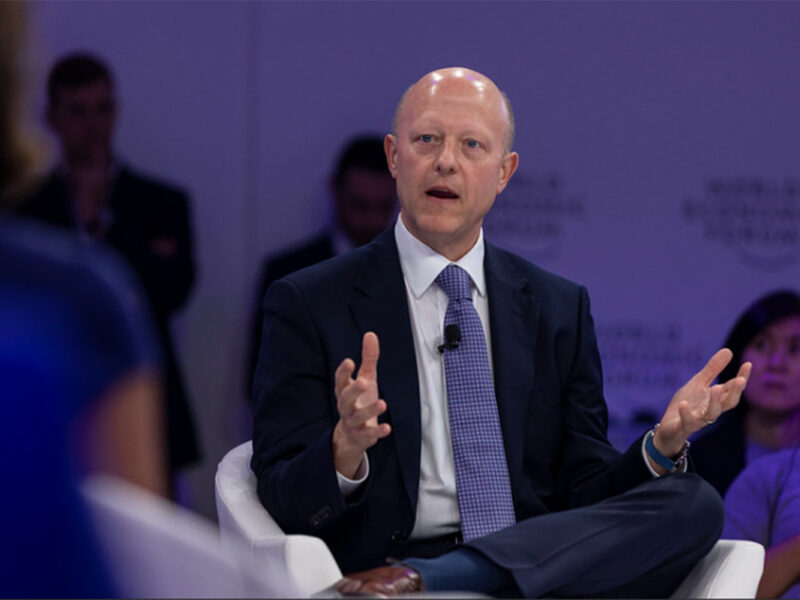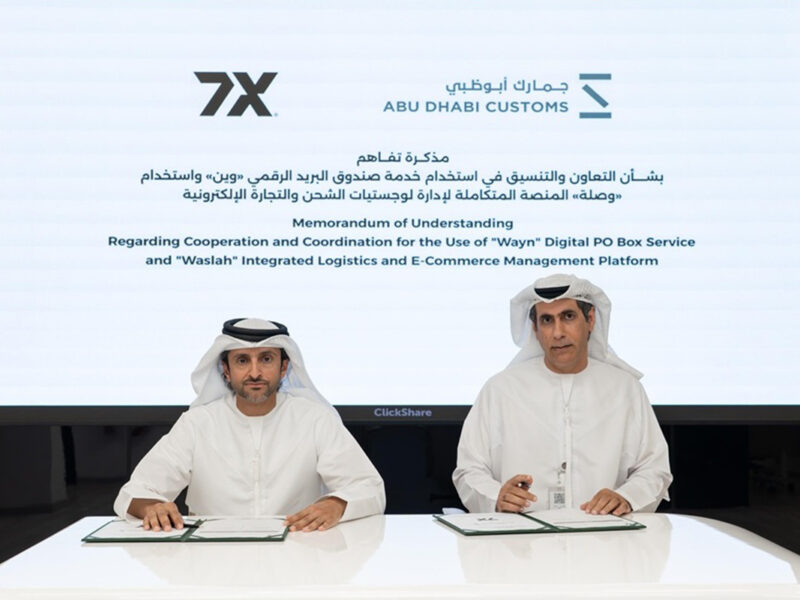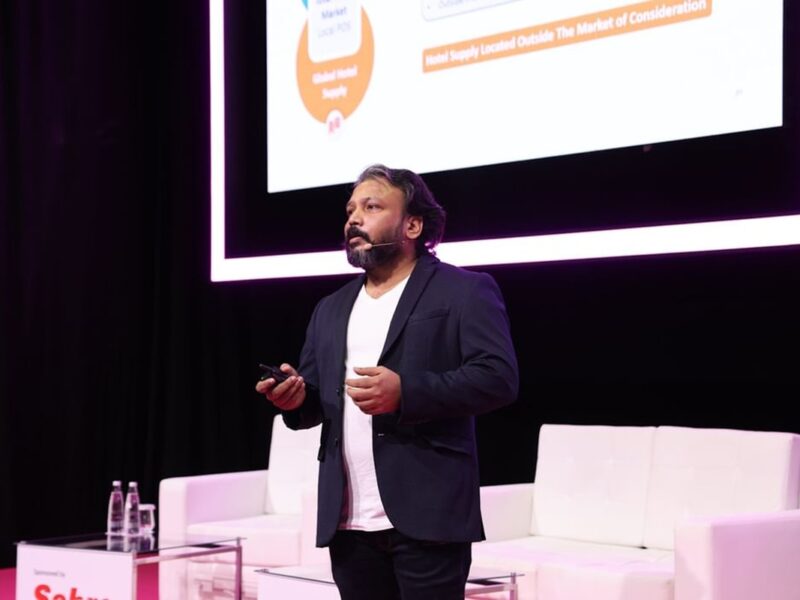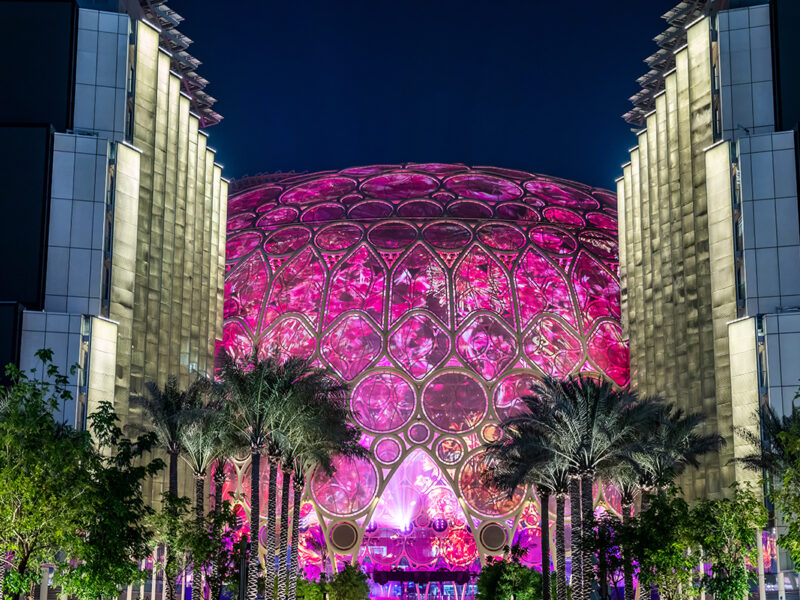Female Arab gamers in the MENA region are proving more-than-a-match for their male counterparts in the billion-dollar industry.
UAE-based Power League Gaming (PLG) has revealed that 44 percent of the MENA market identified as female gamers at the end of 2020.
PLG partnered with tech giants Lenovo to launch the Miss Esports platform in 2020, an incubator and accelerator for young female gaming talent and also a content ecosystem for female gamers to openly share their ideas and views, ultimately providing a safe and secure environment for women to compete with one another.
And Matthew Pickering, CEO of PLG, told Arabian Business what has now become the largest female gaming platform in the MENA region has gone from strength to strength since inception.
He said: “What we’re finding, even through the original executions and experiences and some of the small cups we ran before the launch of Miss Esports, is that the female talent is outstanding and very often, within Miss Exports it’s not just about female gaming talent, we like to enable young female gaming talent to pit their skills against the guys as well.
“Very often they’re outstripping them game-on-game. It’s a really interesting space and we’re really excited to be championing it on this side.”
He added that the platform is witnessing around 40 percent quarter-on-quarter growth in terms of subscriptions and sign-ups. “It’s massive and it’s only two-years-old,” he said.
While content being created by PLG is also reaching record levels. “What I think is even more staggering and it’s a testament to how highly engaged and how underserved previously this segment was, is that the Miss Esports-related content that we put out across the social channels, the engagement rate – the industry benchmark on things like YouTube for video content would be around 5 percent and we’re getting mid-to-high double digits on that, so somewhere between 300-400 percent of the engagement rate that you see as standard.”
 Matthew Pickering, CEO of Power League Gaming (PLG)
Matthew Pickering, CEO of Power League Gaming (PLG)
And that has led to the launch of the Miss Esports League, a one-of-a-kind, female-only Valorant tournament running until June 24, which consists of three individual qualifier stages, before the final knock-out round takes place between the region’s top 16 female gamers – with the chance to win $10,000 worth of prizes.
Research conducted by Lenovo and Reach3 Insights revealed that 59 percent of women use either a non-gendered or male identity when playing games online to avoid conflict.
Claire Carter, marketing director at Lenovo Middle East and Africa, said: “Female gamers should be able to be themselves and compete, we need to bring the region’s talent up front and centre. While the Miss Esports League is in some ways a celebration of female gamers, we also hope that this initiative inspires female gamers to grow in confidence and know that they can compete at the highest level.”
Thirty percent of the MENA population identify as gamers, equating to an audience of between 170 and 180 million, while the sector is estimated to be worth $6.1 billion and growing annually at a rate of 25 percent.

“It actually makes it the fastest growing geography in the world, so the opportunity is huge. When you overlay that with the fact that we have the highest average revenue per user (ARPU) online, for a brand to seek to engage young, Arabic gaming audiences across the region, it makes it a very compelling proposition,” said Pickering.
While the opportunities in the female market are equally encouraging. He added: “In terms of the acceleration that we see here, the Miss Esports platform is performing and out-performing any of its counterparts globally that we see in the States and Asia and I think that is just because previously a platform such as Miss Esports hadn’t been supported or provided in this space.
“Given the fact that it’s only two-years-old, this is the very early stages of what we think will be a very stellar journey with the brand.”









